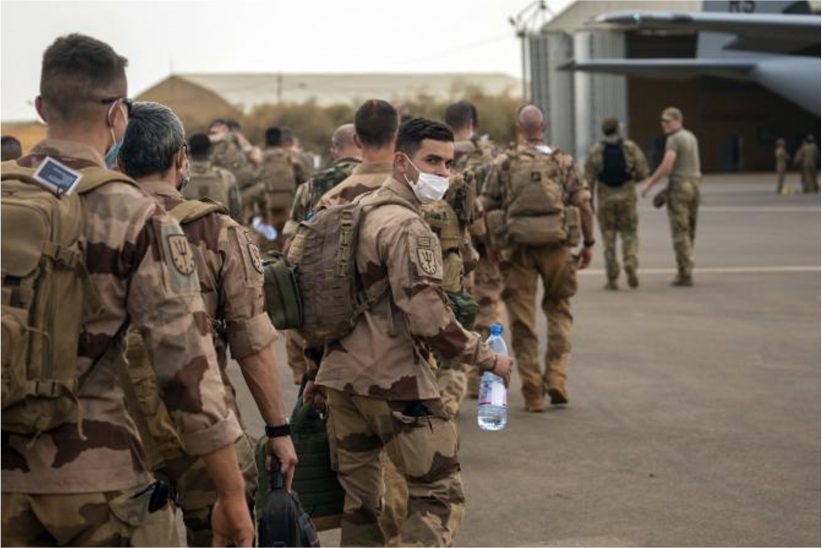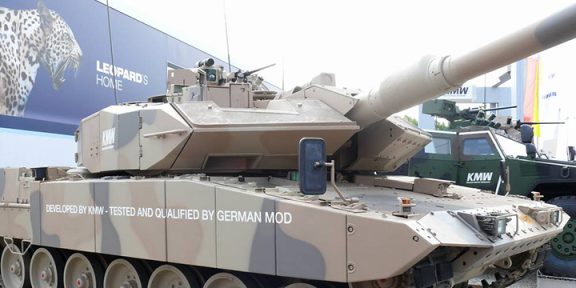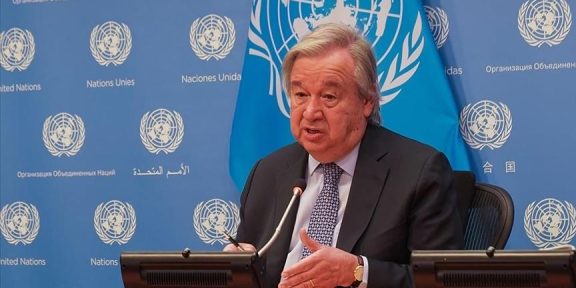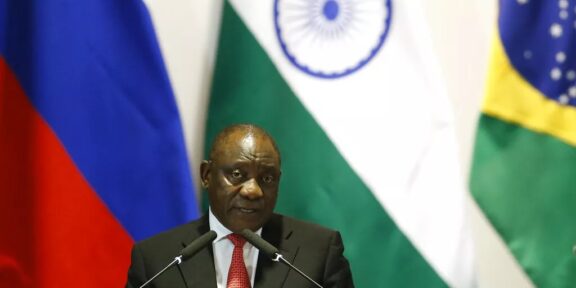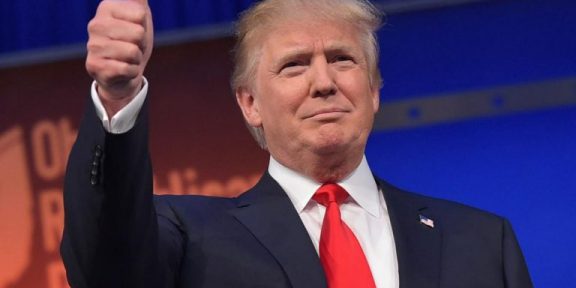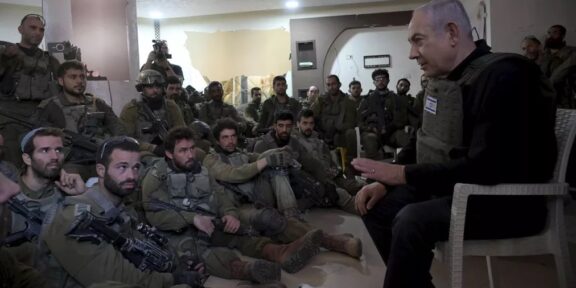Recently Mali came forward with the news about a contract between the Malian government and Russian private military company. The French authorities were first to oppose the contract and deliver a threat of sanctions. France appeals to the violations allegedly committed by the PMC Wagner and the incompatibility of the work of the French military contingent with the PMC. At the same time France itself has excellent experience in combining the work of its servicemen with the French PMC and the experience of many operations and projects carried out by French companies abroad, especially in Africa.
The practice of using mercenary forces was used by the French long before modern Malian events. French mercenaries participated in the Algerian war, supported Biafra with the supply of weapons and training of guerrillas and helped Joseph Mobut in his war against Kabila. The French were everywhere from the Comoros to Nigeria, from Angola to Chad. The name of Bob Denard, the father of modern French mercenaries on the African continent, is the symbol of the shadow policy of France in Africa. His many projects give an insight into the real French politics in the region. Bob Denard said that the special services cannot conduct all types of covert operations and that is why there are “parallel structures”. The so-called parallel structures were engaged in cases when Paris could not act officially: organizing and supporting separatist movements or dictators fighting with their own people.
It seems that with a final rejection of French colonialism in Africa, military operations would be curtailed, but France does not want to lose its influence. The departure of the French army from Africa created a vacuum in which mercenary activity flourished. Among the first to arrive on the continent were former French soldiers, who were no longer limited by bureaucracy and army staffs, as it was explained by The Diplomatic World in the article “The nebula of French mercenaries”.
This vacuum also had an economic dimension. New foreign companies that came to Africa had built vast infrastructure that needed protection. Various PMCs have come to satisfy this demand: somewhere successfully, but somewhere with significant and destructive consequences.
At the dawn of the millennium, France particularly intensified its activity in Africa. Under Jacques Chirac, operations were carried out in Zaire (1997), Congo-Brazzaville (1997-1998, 2000), Côte d’Ivoire (2000, 2002). In the course of these operations, the French mercenarism, constantly replenished by disgraced former servicemen, officers and politicians, evolved, as well as the relations between mercenary organizations and the French secret services. Former French military officials were concerned that the need for mercenaries was becoming more urgent, but the control over them was diminishing. PMCs have their own interests, and the French authorities cannot always control all their actions. The contradictory personal interests of politicians and high-ranking military personnel, a factor of competition within the French secret services, the army and political institutions, add to this picture. Some officers try to gather mercenaries, others stop this process, as was the case in the Republic of Congo. However, the French PMCs would never become completely independent of France. They cannot withstand competition from well-organized PMCs of other countries, including the USA, Russia and the UK, without the help of the French secret services. The liaison of secret services and mercenaries offers France endless possibilities for secret operation on African soil and for manipulations with their activities’ image.
Yet Paris’ geopolitical ambitions in Africa are clamped down at home. An enlightened French society with strong civil institutions does not want to approve incomprehensible mercenary projects somewhere in Africa. To bypass these popular antipathy, French legislation juggles with terms. Researcher Elliott Even notes that in France the concept of PMC is not accepted, the preferred term being “entreprise de service de sécurité et de defense”.
The French authorities are trying to show the world their humanism and pacification, but they cannot deceive even the European Union. A European Parliament report THE ROLE OF PRIVATE SECURITY COMPANIES (PSCs) IN CSDP MISSIONS AND OPERATIONS states that in 2009 France promised not to issue contracts and subcontracts for security, especially in conflict zones, but France had used PSC services anyway. The flexibility of French legislation has allowed a large number of French-linked military companies to develop overtime. Researcher Philippe Chapleau writes that they all range from personal protection (Barril Group) to training (SAS in Africa), risk management (PHL in Asia), economic intelligence (Atlantic Intelligence), security of facilities (SIA, société d’assistance internationale, Angola, OGS in Burma) and even demining (Pretory Technologie in Bosnia). Some of the French PMCs have left a significant mark in Africa.
In 2011, a resounding event occurred during the Libyan civil war. The president of the French company SECOPEX, Pierre Marziali, was assassinated in Benghazi. Marziali had once served in the French special forces, and then became the leader of the mercenaries. In Libya, his company planned to work with the National Transitional Council. SECOPEX was about to build a secure corridor between Benghazi and Cairo and provide various security services to its employers. The attention paid to Libya by SECOPEX is not surprising, the company specializes in training mercenaries for operations in Africa. In 2009, SECOPEX provided armed ship escorts off the coast of Somalia, and in order not to violate French laws, SECOPEX ships sailed under the flags of Djibouti, Yemen and Somalia. The assassination of the president in Libya ended the fate of the campaign, but it was not the only French company in Africa.
The French authorities have a long-standing relationship with another company, Defence Conseil International (DCI), based on the principles of public-private partnership. DCI positions itself as a “specialist in training, advice and military assistance to the armies of friendly countries around the world”. The company has contracts and partners in more than 30 countries, including Côte d’ivoire and Nigeria. There is also the Economat des Armées company, engaged in the logistical support of the French army. Finally, it is worth mentioning the French Foreign Legion, which, although part of the French army, has a very dubious reputation. In fact, this is a legalized mercenary army with soldiers from all over the world.
PMCs and French mercenaries still continue to participate in African conflicts. For example, DW writes that France has deployed 5,100 “soldiers and mercenaries” in Mali. Despite France’s statements about reducing its military contingent in Mali, French mercenaries are likely to remain there. In the Central African Republic, a French citizen, Juan Rémy Quignolot, was arrested in May 2021. He was accused of attempted subversive activities and links to local extremists.
France can continue to ignore its mercenaries, but it is an obvious policy of double standards, when they say that PMCs are bad, while relying on their services. France suffers another defeat in Mali, and its attempt to prevent the agreement between Malian authorities and the Russian PMCs is a vivid manifestation of the principle “if I can’t have you, no one can”.
Par Jules Ndjawé, leader de la jeunesse panafricaine

